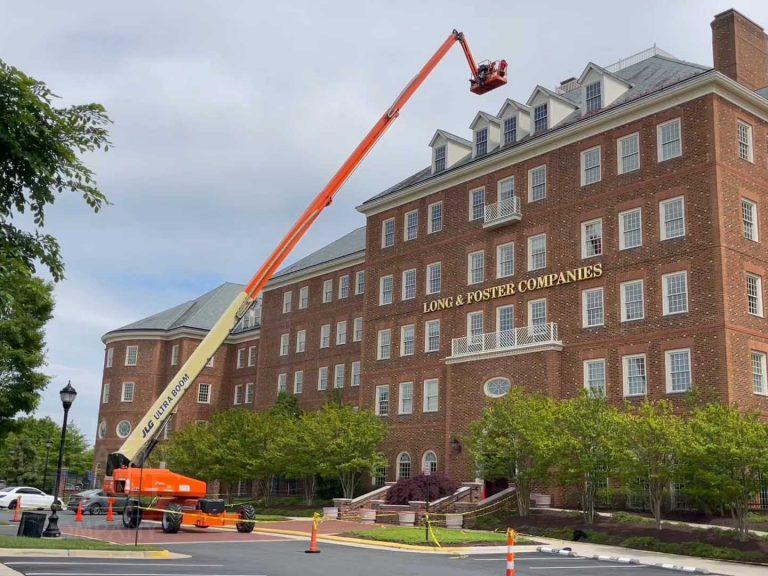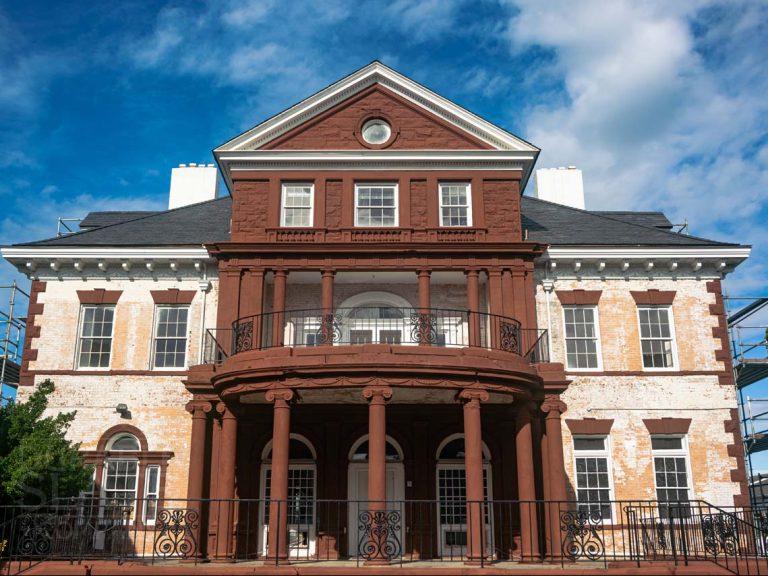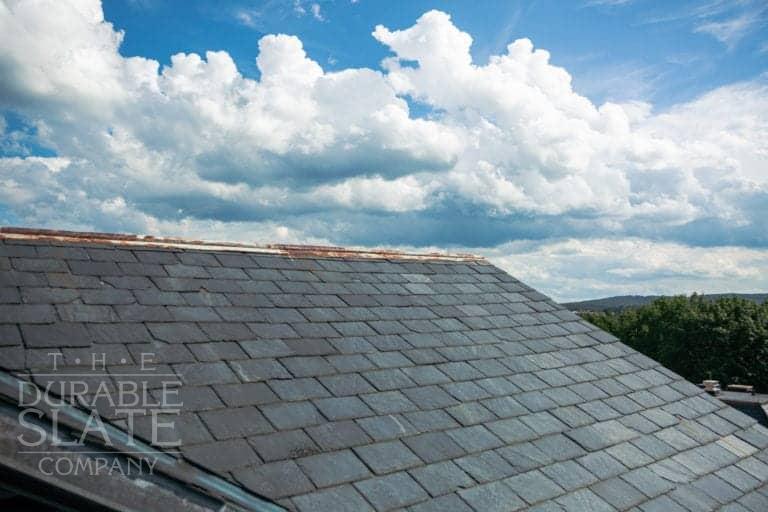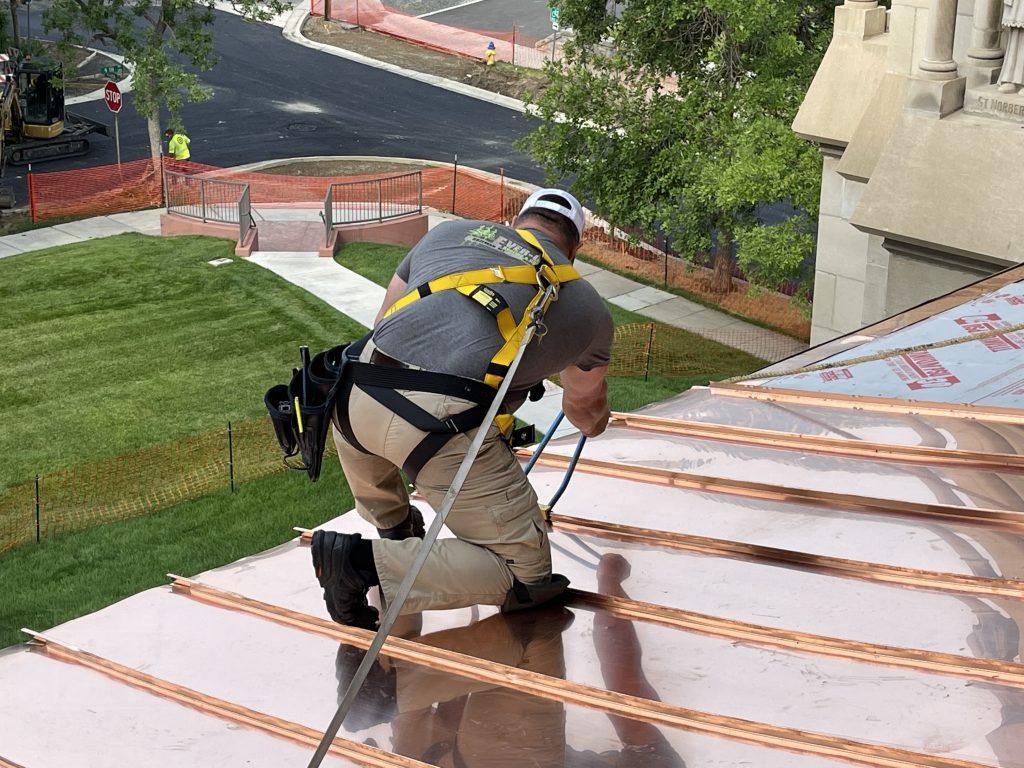Other notable buildings include the Virginia State Capitol, designed by Thomas Jefferson and built-in 1788, which has a copper roof. Many historic homes and plantations, such as the Monticello estate, showcase the state's colonial and antebellum architecture.
Virginia's historic importance extends beyond its role in conflicts and its architecture. The state has been home to many influential figures, such as George Washington, Thomas Jefferson, and James Madison, who played critical roles in shaping American politics and society.
Virginia was also home to several African American leaders, such as Nat Turner and Booker T. Washington, who fought for civil rights and equality. Additionally, Virginia played a significant role in the development of the United States as a global economic and military power, with its natural resources, ports, and transportation infrastructure.
In conclusion, Virginia's history is a complex tapestry of cultural, social, and political forces that have shaped the state and its people for thousands of years. From its Native American roots to its pivotal role in the American Revolution and the Civil War, Virginia's story is one of resilience, perseverance, and innovation.
The state's historic architecture and landmarks serve as a reminder of its rich heritage, and its ongoing contributions to society reflect its continued importance and relevance in the modern world.





















